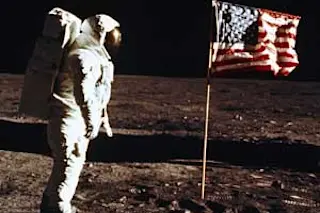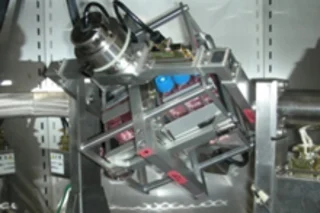In the late 1500s, merchants in England sought to ply the waters around Africa in an attempt to set up trade relation s with India. In a few years several trips were made, and, on literally the last day of the 16^th century, they were granted a charter by the Queen to incorporate, given free rein to trade with the East. This was not done in a vacuum, however. For well over a century European explorers had been laying the groundwork (OK, seawork) for this effort. Sponsored by their various governments, they explored the oceans and improved the technology and techniques needed for this to get done. At the time, this would’ve been impossible for private companies---too risky, and too expensive---so governments did the job. National pride was at stake, as well as military and trade advantages. Like sea travel, space travel is not done in a vacuum---except in the ...
Let's Do Launch: How NASA & Private Space Cos. Can Tame the Final Frontier Together
Discover how space exploration balances government and private industry efforts to push boundaries in the final frontier.
More on Discover
Stay Curious
SubscribeTo The Magazine
Save up to 40% off the cover price when you subscribe to Discover magazine.
Subscribe




